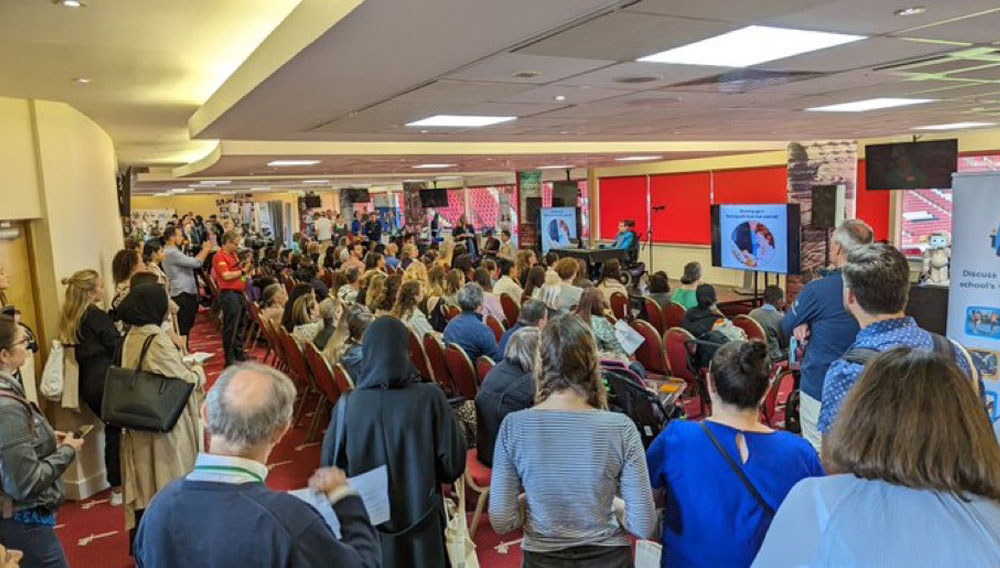Award category:
At the age of 4 I received my first electronic communication aid and knew from that first day I wanted other children to be heard, listened to, and understood. My passion for empowering others who need augmentative and alternative communication (AAC) to fulfil their own communication potential has never changed, although now I want to include people of all ages, because children grow up. Being able to speak, including with a digital voice, is a privilege not to be taken for granted.
When I was 18, I attended a weeklong leadership course with the European Network for Independent Living where we got to present our findings to MEPs at the European Parliament. This opportunity crystalised my passion to advocate for people with complex communication impairments who need to use AAC, the importance of lived experience, but crucially the need to be able to effectively understand and use policy to influence and deliver change.
Retiring from elite sport in early 2022, having represented GB at the Tokyo Paralympics, gave me a platform to raise awareness of around AAC. The last 18 months have been a whirlwind of continuing full time study for a MA in Social Policy and in my spare time advocating for those who use AAC through my voluntary work as a Trustee with Communication Matters and being Patron of 1 Voice. A highlight has been working alongside professionals at the Royal College of Speech and Language Therapy as a supporting author on new clinical guidance for practitioners. The greatest buzz is influencing and educating others about high expectations, possibilities, potential, and inclusion. Whether I am attending a board meeting, delivering a lecture, leading a workshop, or talking at a school assembly I’m achieving my aim of creating greater awareness of AAC and engaging allies for AAC users.
In July 2024 I was privileged to be awarded an honorary doctorate in health by Manchester Metropolitan University for my Paralympic achievement and for my advocacy work around AAC. It is humbling to be rewarded for doing something you love with a passion!

Disability Power 100 profile information is self-submitted by the profile subject. Shaw Trust understands and respects that disability and impairment descriptors and language use varies from person to person. Shaw Trust assumes no responsibility or liability for any errors or discrepancies in the content of this, or any other, profile page.